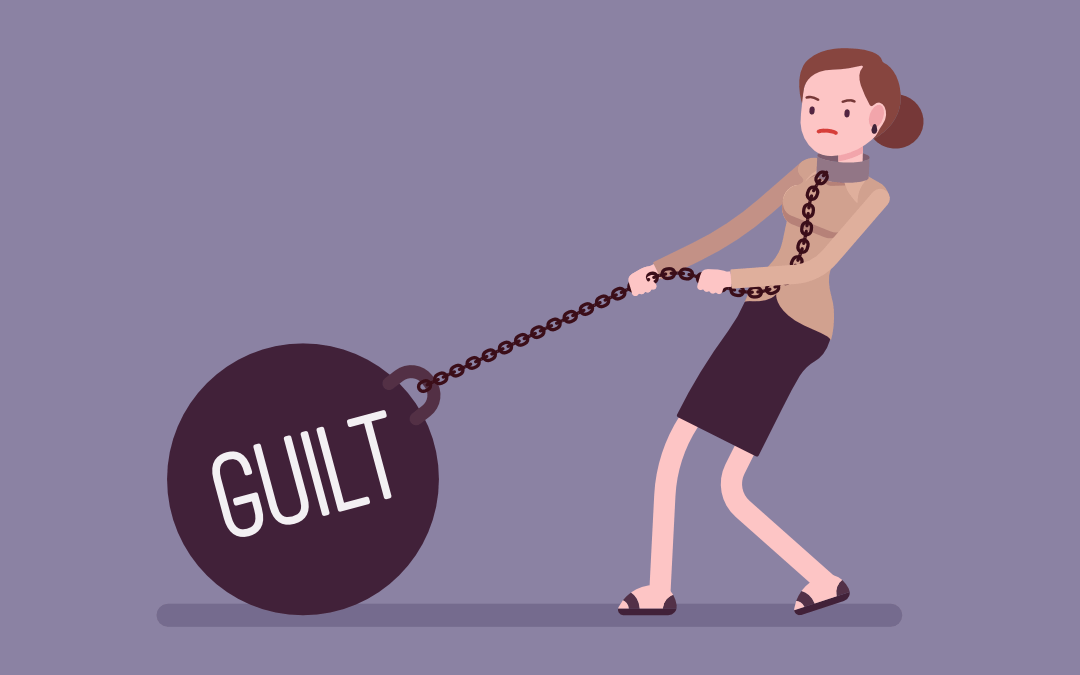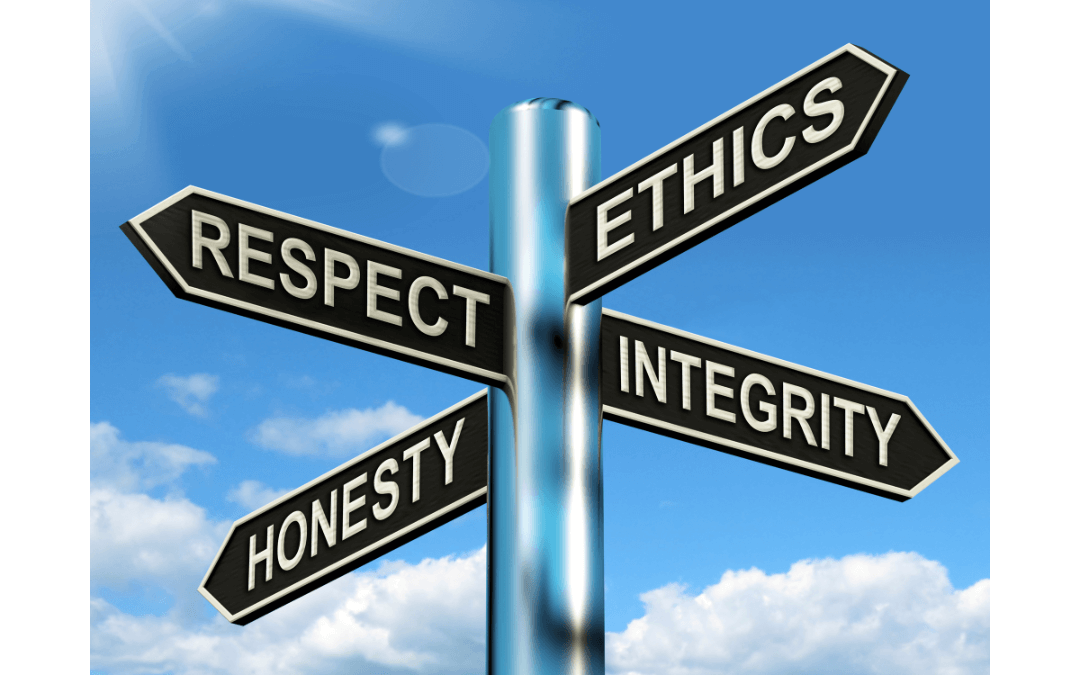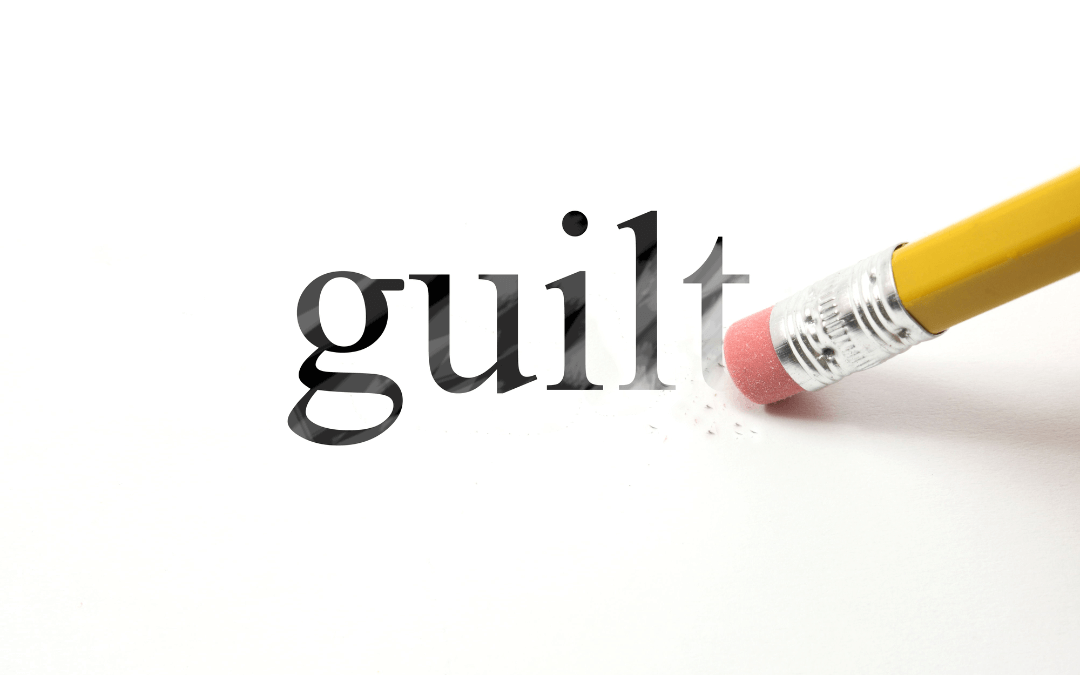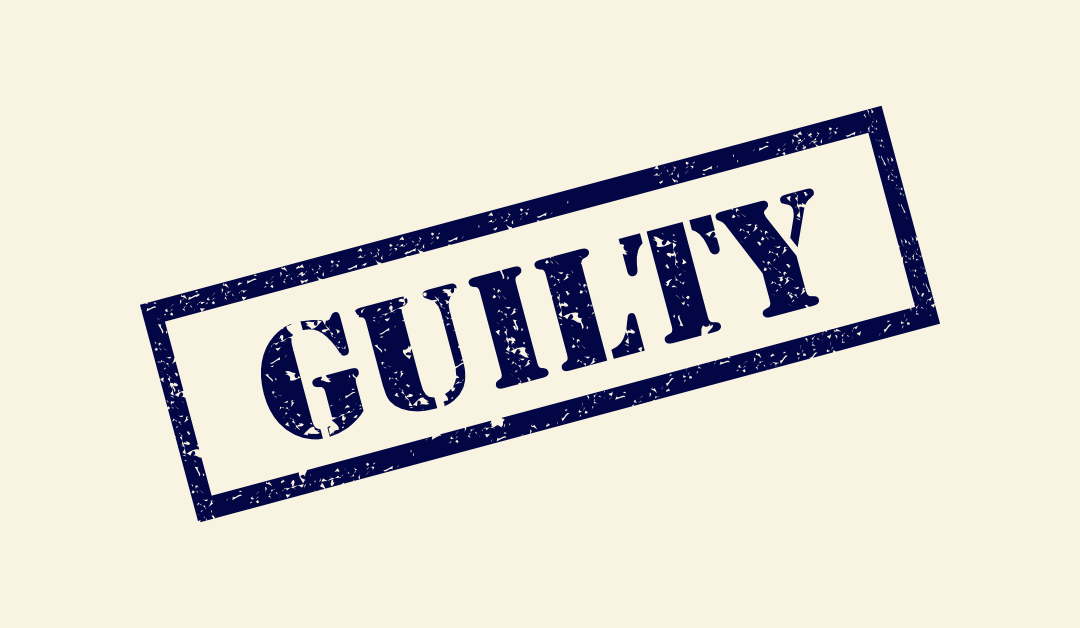Guilt and shame are often mentioned in the same breath but they are actually different feelings. Shame is triggered by limiting beliefs we have about ourselves. Guilt, on the other hand, is caused by actions we take, or don’t take.
But why do we feel guilty about actions in the first place? And which actions cause guilt? Why? Feelings are the conscious processings of an event and they are learned. Guilt is a feeling. We learn what to feel guilty about. For better and for worse.
Where it comes from
In some cultures it’s ok to spit on the street, while in others, you may burp loudly after a meal. In the culture I grew up in, I learned to avoid both. If I ever burp after a meal, it’s accidental and I will apologise. If I ever have to spit on the street, I know I will feel guilty.
Guilt is the feeling that helps us behave in a socially acceptable manner. Made a mistake? Feel guilty so you apologise for the mistake. Remember how you felt and you’re a lot less likely to repeat the error. Like any other emotion and feeling, guilt is useful. It helps us fit in.
This also means that what we feel guilty about depends very much on the environment we grew up in or live in now. Feelings, unlike emotions, are not fixed. We learn how to feel but when we change our environments, have different experiences, or even decide consciously to do so we can re-learn guilt.

Whose guilt is it anyway?
We have internalised whatever norms are considered the standard in our environments and never stopped to question whether such a thing as “normal” even exists. We’ve got to measure ourselves against something, right?
There has to me common ground about right or wrong, about which behaviour is acceptable and which isn’t if we want to live together. All that is fair enough and within moderation it works well. But guilt has a dark side.
It’s also a manipulation technique: “Do what I want you to do, or I’ll make you feel guilty.” Individual people and society throw shoulds, expectations, and standards at us we’re supposed to live up to. When we don’t, we feel guilty. If you grew up with one or several people in your life who used the feeling to manipulate you, then you know that it can even become crippling.
We can’t just turn feelings off. Ignoring them just makes them stronger in our minds. But there’s always the option to turn feelings around for us by using them for our own good.
Why not pick a different standard? Since you feel the urge to measure yourself and use guilt to keep yourself in line anyway, you might as well use the feeling to your advantage. Create your own standard.

Integrity
The best part is that you have already been using guilt – the healthy version – in this way before. Every time you make a “mistake” you are taking action that does not align with your values.
Think about it. You only feel guilty about mistakes when you belief you did something wrong. Or if the result is different from what you wanted and you failed to live up to your own expectations, in other words, your standards.
What do you do in those cases? Simple. You feel guilty until you apologise and/or rectify your mistake. Then you move on to relief. That’s how guilt works well. So why not lean into this? Why not use guilt to practise integrity?
Integrity is a Life Skill which helps you lead a happier and more successful life. Like any other life skill, it can be learned and practised by taking the “right” actions. How do you know what the right actions are? Guilt will tell you.
Guilt ≠ guilt
First, though, you want to make sure you’re feeling the right kind of guilt. Start by making a list of your core values. If you don’t know how to do that, try 6 Ways to Discover and Choose Your Core Values or search for “how to find my values” online.
Once you have your list, journal about these questions:
What do I feel guilty about?
What have I felt guilty about in the past?
Are there actions I don’t take because I am afraid of feeling guilty?
If my best friend acted the way I did and felt guilty, what would I tell them?
Once you’ve written down your answers, check the guilt you feel against your values. Do you want to update your list? What about the times you felt guilty for no reason? Whose guilt was that? Who taught you to feel guilty?
Alright. Now that you sorted your guilt into a useful and useless pile let’s work with it.

Releasing guilt
Let’s start with the useless guilt other people instilled in you. Look at your values again. These are the things you need to have, the truths you need to live, to be happy. They matter. Everything else, doesn’t.
Did someone make you feel guilty for not having children, or for having children? Fo being ambitious or lacking ambition? Or maybe for caring too much or too little about money?
Who? A family member? A friend? A complete stranger? Or was it even an ad campaign? Your government? Figure out whose guilt it is and take moment right now to understand that that’s just their opinion. Nothing more or less. The opinions of others have no power over your life unless you let them.
What matters to you is your list of values. Maybe understanding this has already dispelled the ghosts of guilt. Just in case it didn’t, though, here are my favourite techniques to release guilt: a guided meditation and a tapping video.
Before I move on to the useful guilt, a quick reminder that if you feel “guilty” about who you are, that’s actually shame and you might want to read About Shame and how to release it next.
Making it work for you
Time to use that guilt for a good cause. Decide right here and now that guilt is your personal values compass. Whenever you feel guilty, check what happened. Is it useless guilt? Release it immediately. Or is it telling you that you just did something you are not OK with?
If so, take a deep breath and congratulate yourself because you just used a really powerful tool for self-improvement. Also, you might want to be proud of yourself for bothering to become the best you. That’s pretty amazing too.
As soon as you feel calmer, re-align with your values. What exactly did you do and what do you think about it? Was it a mistake? Should you apologise for it, rectify the situation, or just vow to do better next time? Hint: the right answer is the one that makes the guilt go away.
One small caveat: This process is about you. Whatever you decide to do next, understand that you have no right to expect anything from others. You have no right to forgiveness or for your actions to be forgotten. Others do not even owe you to accept an apology. Don’t try to guilt them into giving one. Focus on doing the best you can do to live in integrity.
Guilt can be a terrible feeling if we don’t know where it comes from and how to use it. But like any other emotion and feeling, guilt can help us lead a better life if we choose to use it as a tool. Now that you know how, it’s time to make guilt work for you.
